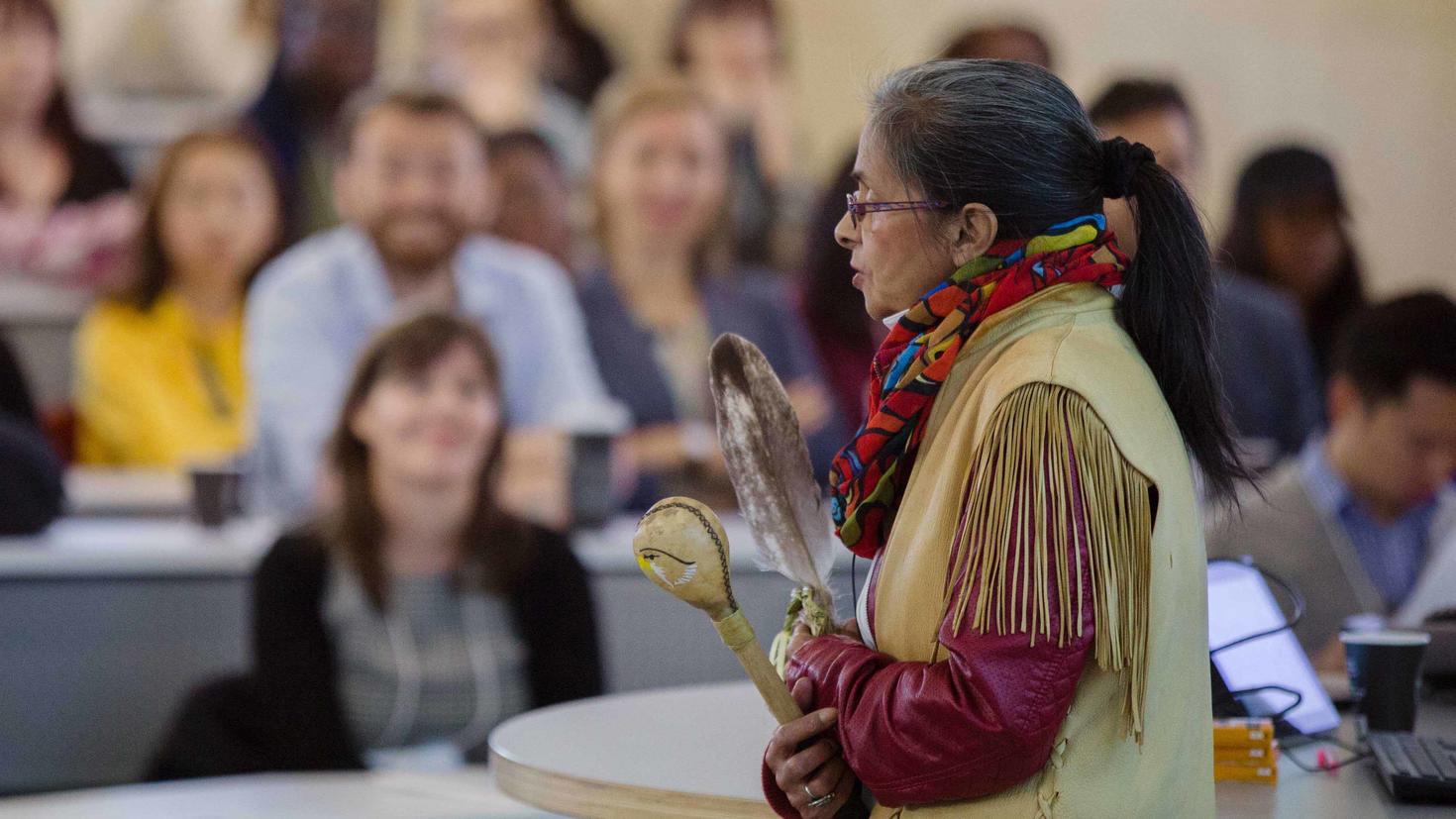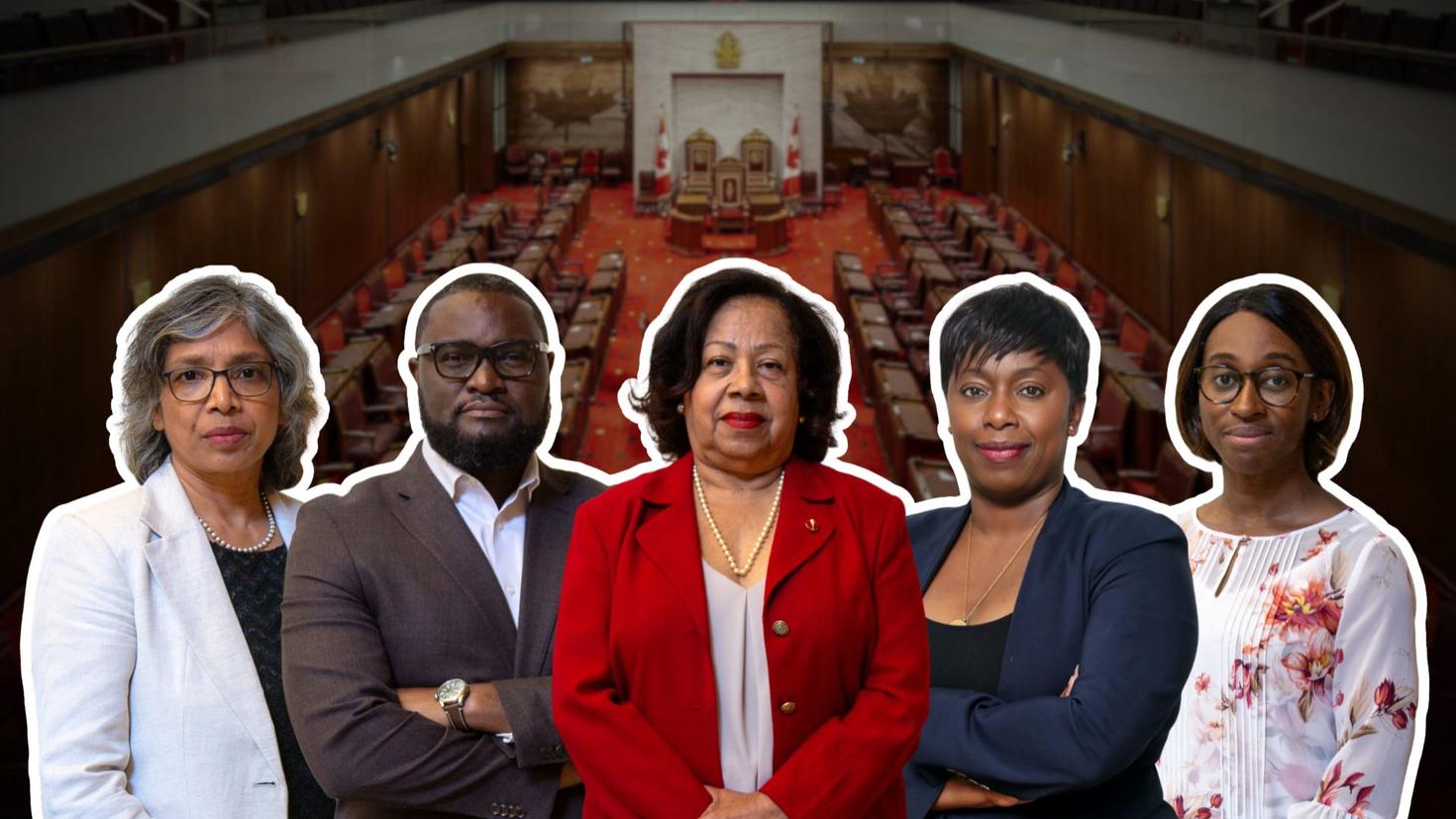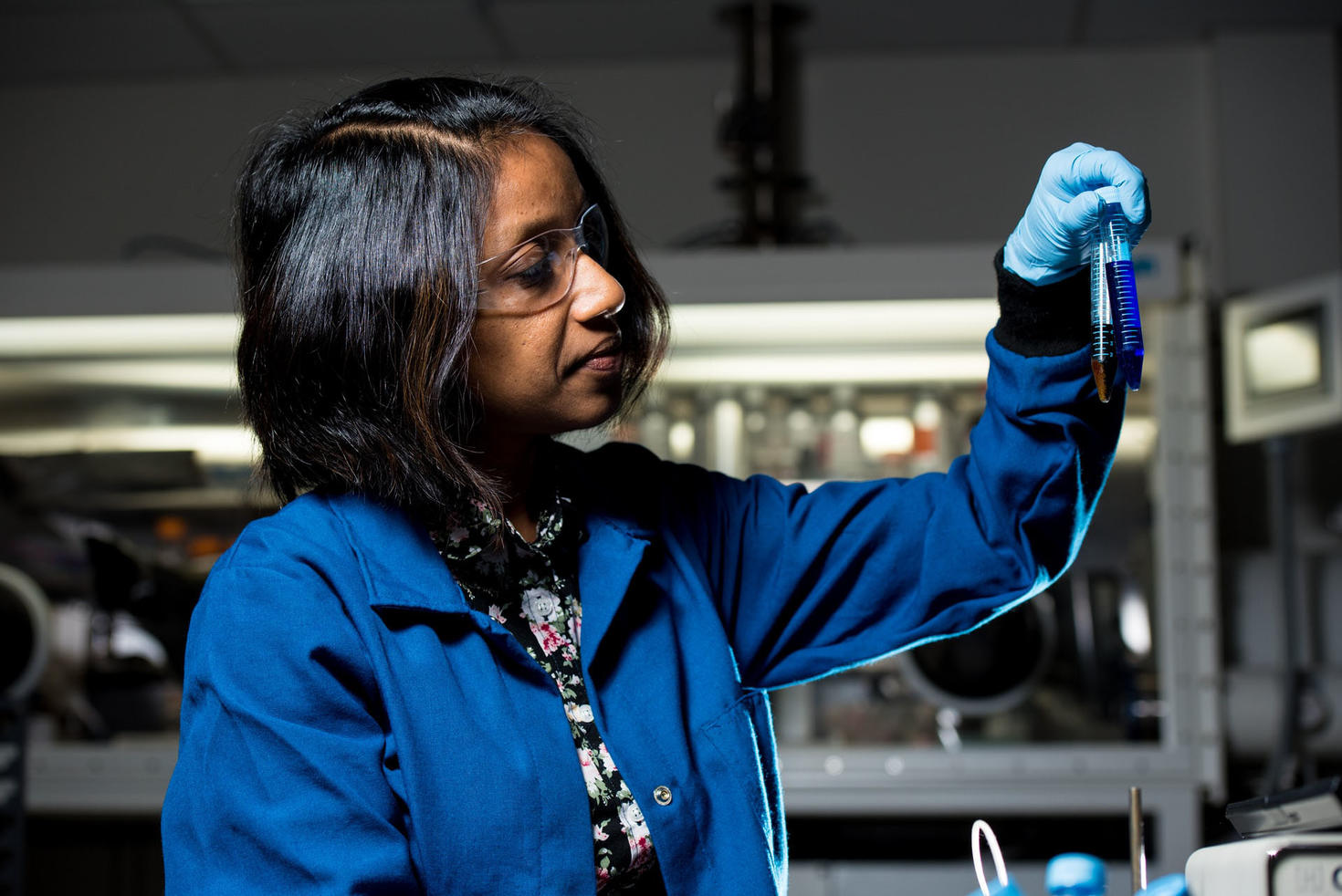- By valuing a plurality of visions, ideas, and ways of being in research;
- Strengthening EDI skills through proactive exchange and learning spaces;
- By advancing a culture of self-reflection on the systemic factors that contribute to excellence in research.

Equity, diversity and inclusion
We foster transformational change in research
uOttawa receives Dimensions EDI Canada recognition: Foundation stage
In 2019, the University of Ottawa was selected as one of 17 Canadian postsecondary institutions to take part in the Dimensions: Equity, Diversity and Inclusion Canada pilot project following a competitive letter of intent process. The project is an initiative of Canada’s Tri-Agency, including the Canadian Institutes of Health Research (CIHR), the Social Sciences and Humanities Research Council (SSHRC) and the Natural Sciences and Engineering Research Council of Canada (NSERC).
The aim of the five-year pilot program is to foster transformational change with respect to equity, diversity, and inclusion (EDI) in the postsecondary research ecosystem by assessing and publicly recognizing postsecondary institutions working to increase EDI in their environments and beyond.
As part of its participation in the Dimensions pilot cohort, and in addition to participating in co-developing the program, uOttawa completed program-required EDI work and submitted an application for Foundation Stage Dimensions recognition. After thorough review by a national committee of EDI experts, and after a two-part review process that included an interview with the review committee, uOttawa was proud to receive Dimensions recognition in March 2023. For more detail see the uOttawa EDI Action Plan for Research.

The underrepresented groups in research
Within its commitment to diversity, the University of Ottawa has prioritized five groups traditionally underrepresented in research.
These groups are made up of people who identify as:
uOttawa’s commitment to EDI
The University of Ottawa is committed to ensuring equity, diversity and inclusion in the scholarly and leadership environments of our students, staff, and faculty. Accordingly, the President created the position of Vice-Provost, Equity, Diversity and Inclusive Excellence (EDI) working collaboratively with all uOttawa units and members.

Apply for the 2024 Robbins-Ollivier Award for Excellence in Equity
CIHR, NSERC, and SSHRC are accepting nominations for bold initiatives that address systemic barriers in research and academia through the Canada Research Chairs Program.

Community-Based Research Grants
This grant pilot is designed to support uOttawa researchers who partner with community organizations that work with equity-deserving or marginalized groups in order to plan and implement community-based research activities.

Sickle cell disease: Researchers and community advocates winning Senate battle …

uOttawa researcher Catherine Mavriplis wins EDI award

Deepening our understanding of inclusion
Contact us
We’re happy to connect!
Ideas, questions or suggestions on how to improve research through EDI practices?
Indigenous Affirmation
We pay respect to the Algonquin people, who are the traditional guardians of this land. We acknowledge their longstanding relationship with this territory, which remains unceded.
We pay respect to all Indigenous people in this region, from all nations across Canada, who call Ottawa home.
We acknowledge the traditional knowledge keepers, both young and old. And we honour their courageous leaders: past, present, and future.

